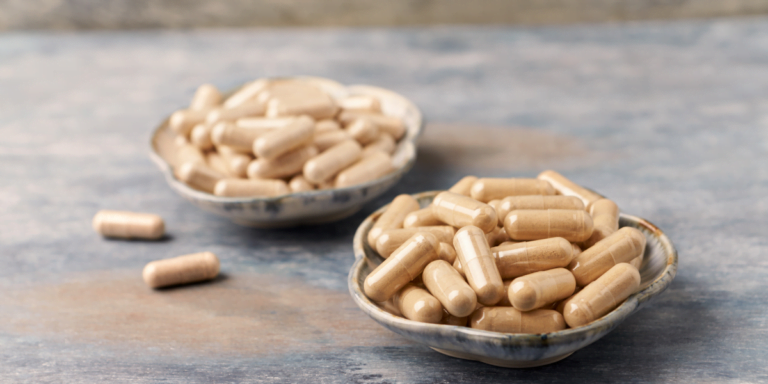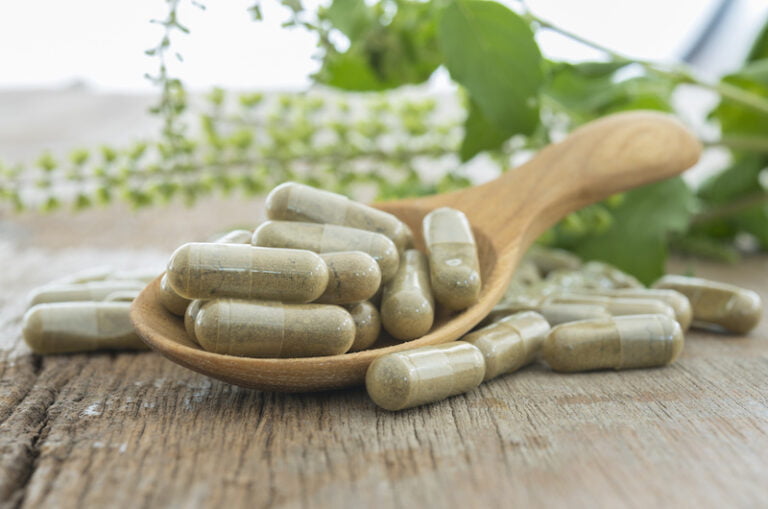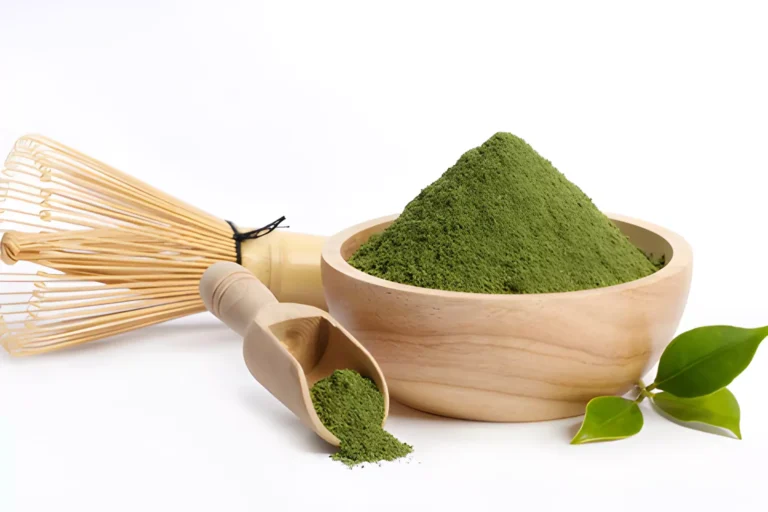Does Ashwagandha Kill Emotions? Unveiling the Truth in 2023
Have you ever wondered if Ashwagandha, the popular herb touted as a natural remedy for stress, anxiety, and depression, can also affect your emotions? If you have been following the latest trends on social media, you may have come across some people who claim that ashwagandha “kills emotions” or makes them feel “emotionless.” Is there any truth to these claims, or are they just exaggerations? This blog post will explore the scientific evidence behind Ashwagandha’s effects on emotions and reveal the truth about this ancient herb in 2023.
What is Ashwagandha and how does it work?
Ashwagandha is an herb used for centuries in traditional Indian medicine, also known as Ayurveda. Its scientific name is Withania somnifera, also known as Indian ginseng or winter cherry. The root of the ashwagandha plant is used to make medicinal supplements available in various forms, such as tablets, capsules, powders, and teas.
Ashwagandha contains a range of bioactive compounds believed to be responsible for its therapeutic effects. These include alkaloids, flavonoids, and steroidal lactones called withanolides. Some research suggests that withanolides can help modulate the activity of certain neurotransmitters, such as GABA and serotonin, which regulate mood and emotions. Additionally, Ashwagandha has anti-inflammatory and antioxidant properties, possibly contributing to its mood-boosting effects.
One of the most well-known benefits of Ashwagandha is its ability to reduce stress and anxiety. Studies have shown that Ashwagandha can lower cortisol levels, the hormone released in response to stress. High levels of cortisol can contribute to anxiety and depression and impair cognitive function and overall well-being. By reducing cortisol levels, Ashwagandha may help alleviate symptoms of stress and improve mood.
How does Ashwagandha affect emotions?
Emotions are complex phenomena that involve both physiological and psychological processes. Many factors influence them, such as genetics, environment, personality, and life events. Emotions can also affect our health and behavior, motivating us to act in specific ways or avoid certain situations.
Ashwagandha can affect emotions by influencing the body’s stress response system, known as the hypothalamic-pituitary-adrenal (HPA) axis. The HPA axis regulates the body’s reaction to stressors, such as physical or psychological threats. When we encounter a stressful situation, the HPA axis activates and releases hormones such as cortisol and adrenaline, which prepare us to fight or flee from the danger.
However, when we experience chronic or excessive stress, the HPA axis can become dysregulated and overactive. This can lead to a state of constant arousal and alertness, which can impair our emotional regulation and stability. We may become more prone to negative emotions such as fear, anger, sadness, or guilt. We may also experience emotional blunting or numbness, meaning we feel less intense or varied emotions than usual.
Ashwagandha can help restore the balance of the HPA axis by reducing cortisol levels and enhancing the activity of GABA receptors. GABA is an inhibitory neurotransmitter that helps calm the nervous system and reduce anxiety. By increasing GABA activity, Ashwagandha may help us feel more relaxed and less stressed. This can positively impact our emotional health, as we may feel more optimistic, confident, and happy.
However, this does not mean that Ashwagandha kills emotions or makes us emotionless. Ashwagandha does not block or suppress our emotions but helps us regulate them better. It helps us cope with stress more effectively and prevents it from overwhelming us. It also helps us experience positive emotions more often and more intensely.
There is a difference between emotional blunting and emotional regulation. Emotional blunting is a state of reduced emotional responsiveness or expression. Various factors, such as trauma, medication side effects, or mental disorders, can cause it. Emotional blunting can impair our social functioning and quality of life, as we may feel detached from ourselves and others.
Emotional regulation is a skill that involves managing our emotions in healthy ways. It involves awareness of our emotions, understanding their causes and consequences, and choosing appropriate ways to express them. Emotional regulation can enhance our well-being and resilience, as we can adapt to different situations and cope with challenges.
Ashwagandha can help us achieve emotional regulation by reducing stress and anxiety, which are often the triggers of emotional dysregulation. Ashwagandha can also help us feel more positive emotions, boosting our mood and motivation.
Who can benefit from Ashwagandha?
Ashwagandha can benefit anyone who wants to improve their mood and well-being, especially if they suffer from stress, anxiety, or depression. Ashwagandha can also help people with other mental health conditions, such as post-traumatic stress disorder (PTSD), bipolar disorder, or schizophrenia. Ashwagandha can help reduce the severity and frequency of symptoms, such as flashbacks, mood swings, or hallucinations.
However, Ashwagandha is not a substitute for professional medical treatment. If you have a mental health condition, consult your doctor before taking Ashwagandha. Ashwagandha may interact with some medications, such as antidepressants, anticonvulsants, or sedatives. Ashwagandha may also have side effects like nausea, diarrhea, or headache. Therefore, you should always follow the dosage and instructions on the label of your ashwagandha supplement.
How to take Ashwagandha safely and effectively?
Ashwagandha is generally considered safe and well-tolerated when taken in moderate doses and for short periods. However, there are some precautions that you should take to ensure that you get the best results from Ashwagandha.
Conclusion
Ashwagandha is a powerful herb that can positively impact your mood and well-being. It can help reduce stress and anxiety, often the root causes of emotional problems. It can also help enhance positive emotions, such as happiness, confidence, and optimism. However, Ashwagandha does not kill emotions or make you emotionless. It helps you regulate your emotions better to cope with life’s challenges more effectively.
If you want to try Ashwagandha, you should choose a high-quality supplement that contains standardized extracts of withanolides. You should also follow the dosage and instructions on the label and consult your doctor before taking it if you have any medical conditions or medications. You should also listen to your body and take a break from Ashwagandha if needed.
Ashwagandha is not a magic pill that will solve all your problems, but it can be a valuable ally in your emotional health and well-being journey.




